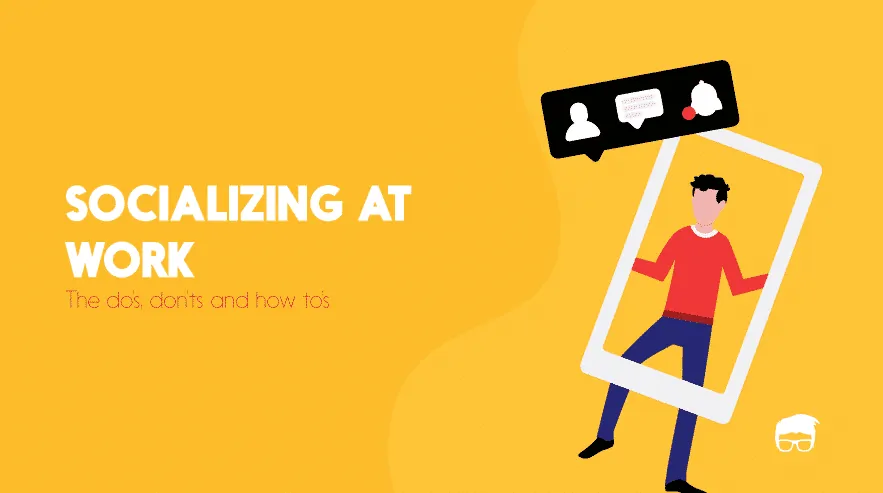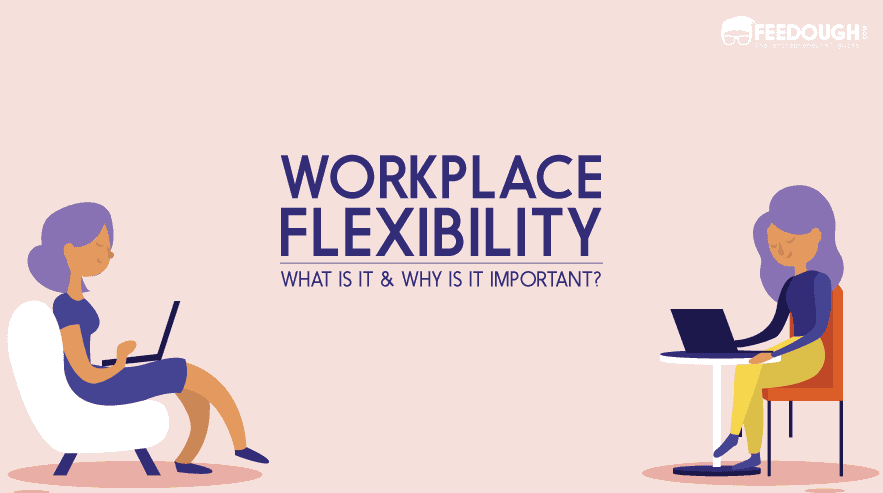You might be an entrepreneur, an office worker or even a college student, working your level best to keep going, getting your work done, chasing those deadlines, pushing your limits to get to what you’ve always wanted for yourself and others. And what of course would be wrong with that?
Well, superficially, you might be someone who everybody aspires to become. From appreciating your work ethic to getting inspired to work hard, almost everyone would pat your back for what you do. But is this worthy at the cost of your social, physical and mental well being?
Who Is Workaholic?
A workaholic is someone who is addicted to work; who has an uncontrollable need to work continuously.
Studies show that in a population, an estimate of 30% of the people suffers from workaholism. Yes, you guessed it right, workaholism is a problem. You may try to boast yourself of being a workaholic, but at the end of the day, it’s a disease. Anything that causes discomfort is a disease, and you might be suffering from it and never get to know.
Workaholism is a term you may confuse with what we call passion or work engagement, but that is not the case. Being a workaholic is altogether a different scenario.
What Is Workaholism?
Workaholism is a condition where an individual is addicted to work. It is characterized by a compulsive desire to work.
In general, it may be characterized by working excessive hours, but the essential factor that differentiates workaholics from others is that they work beyond the workplace; they always think about work and lack work enjoyment, which is not even demanded by the workplace.
Being a workaholic or work addict may seem to be a good thing in terms of getting our goals achieved or succeeding in life, but it’s not the case.
There is a difference between being passionate about your work and being a work addict. The primary signs of workaholism may involve continually thinking about work or a constant desire to work even if it’s not required. Being engaged in work and workaholism are two different constructs, though it may be confused with each other very often.
Work engagement can be due to the fact that you like doing your work and disengage from it anytime you want but in workaholism disconnecting from work can be a difficult task. Also, work addiction can lead to extremely involved in work even when it is beyond the financial needs or the actual amount of energy the work needs.
Work addiction can have severe implications for health and social relations. It can lead to depression, anxiety and high-stress levels; it also can ruin personal relations among family and friends.
A common misinterpretation of the term work addict is someone who works long hours, which is not the case. Working long hours can be due to multiple reasons other than workaholism like financial requirements or the nature of the job or the companies people work for. So just long hours at work does not necessarily mean being a work addict.
We categorically see that it can be difficult for individuals and their companions sometimes to figure out whether or not he/she is a workaholic. As time may pass, it could be possible that the minor signs and symptoms result in a huge degradation in a person’s social, physical, and most importantly, mental well being.
Here are signs for you to classify whether or not you could be suffering from workaholism.
Signs Of Workaholism
Norwegian researchers from the Department of Psychosocial Science at the University of Bergen identified specific symptoms of workaholism. They created a work addiction scale with seven criteria to assess if a person is addicted to work or not. Here are those 7 signs of being a workaholic:
- Thinking of how you can free up more time to work.
- Spending much more time working than you intended to.
- Working to reduce negative feelings like those of guilt, anxiety, helplessness, and depression.
- Hardly paying attention to others who tell you to cut down on work.
- Stressing if you are prohibited from working
- Deprioritizing hobbies, leisure activities, and exercise because work is the topmost priority for you.
- Loving work so much that it negatively influence your health.
If you see the following signs relatable to yourself or anybody around you, there is a strong possibility of you or them being a workaholic. It is a bad mental state, and the person suffering from it might need help even if it does not appear to be a serious problem for the time being.
Workaholism is a severe problem in the developed and developing countries in this age of competition and the fast-paced lives of the 21st century. You need to realize that the repercussions of specifically this type of addiction, may seem not so troublesome, but can have a substantial negative impact in the long run.
Negative Effects Of Workaholism
Addiction of any type is dangerous, even if it may seem reasonable from certain aspects. There is a sense of euphoria in any kind of addiction, but ultimately it can have serious implications which are very true in the case of workaholism.
The adverse effects of workaholism are:
- Recurring health problems
- Insomnia due to excessive work stress
- Can lead to depression and anxiety
- It can affect social and family relations
- Can decrease job performance
- Also, it can lead to isolation and vulnerability to other addictions
You might feel that it is the very nature of you to be a work addict, and it is not possible for you to change your lifestyle, but, there is always a way out.
How To Cope With Workaholism?
If you think being a workaholic is good quality, then you might want to check if it is doing good to you or people associated with you. It is not necessary to torture yourself to bring the best out of you. There are other ways, too, which can help you achieve your goals in a much better way.
Things to try for coping with workaholism:
- Take breaks to relax, enjoy and then return to work with greater enthusiasm.
- Be strict with work-time limits.
- Do not go constantly working beyond stress limits.
- Engage in your hobbies and things you like, other than work.
- Focus on physical and mental fitness
Bottom-line?
If you are or wanted to become a workaholic, just stay and think twice before you conclude that being extremely engaged in work for all of your time at the cost of your peace of mind, relationships and health is good or not.
Workaholism is an addiction the same as others and has somewhat similar repercussions to it. Just because you are working doesn’t make workaholism a quality to admire.
There needs to a correct work-life balance to maintain a holistically happier, better and progressive lifestyle.
Go On, Tell Us What You Think!
Did we miss something? Come on! Tell us what you think about our article on workaholic & workaholism in the comments section.
A startup consultant, digital marketer, traveller, and philomath. Aashish has worked with over 20 startups and successfully helped them ideate, raise money, and succeed. When not working, he can be found hiking, camping, and stargazing.
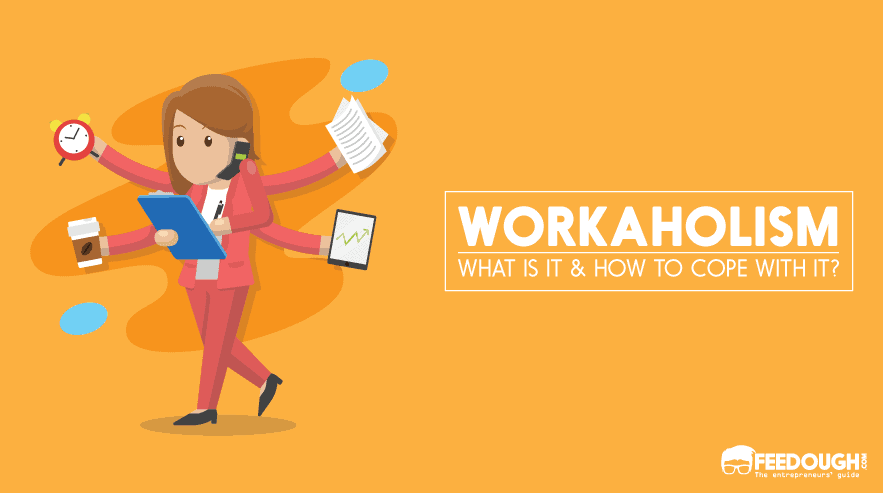


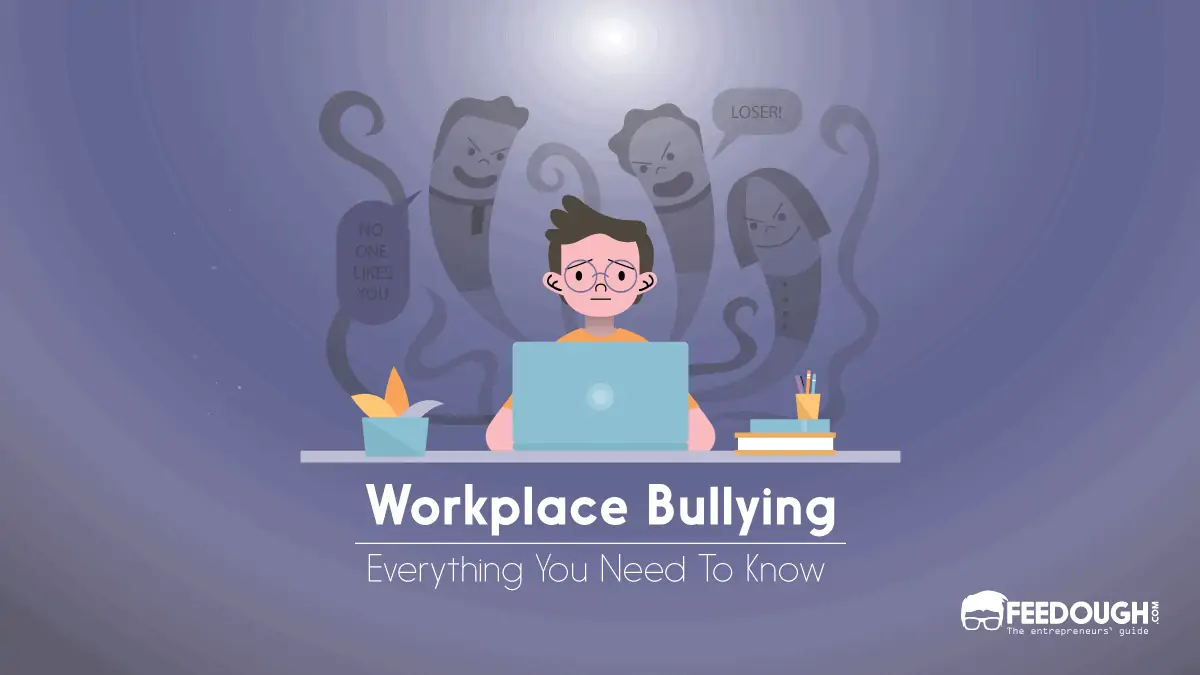
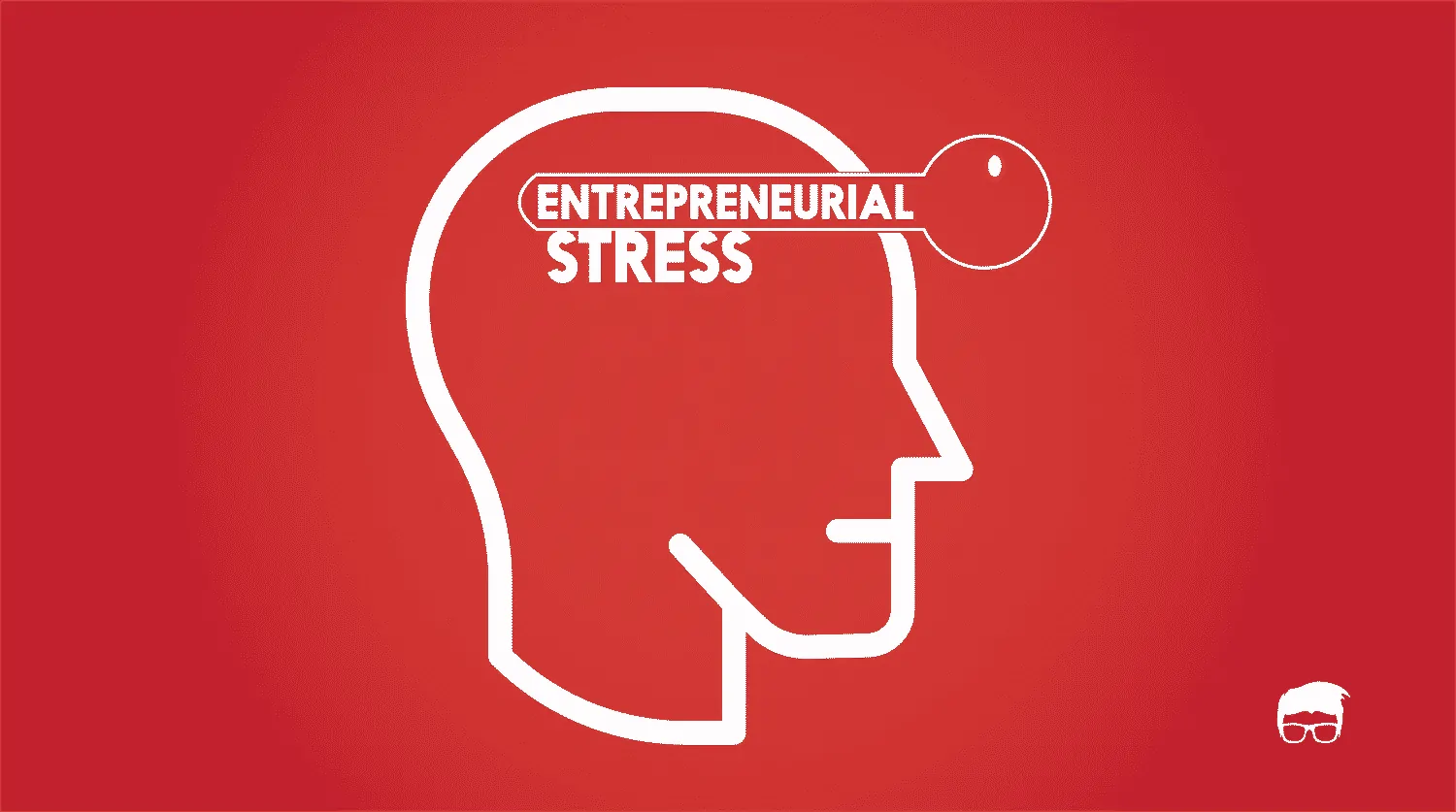
![The 10 Types Of Entrepreneurs [Infographic] types of entrepreneurs](https://www.feedough.com/wp-content/uploads/2017/10/types-of-entrepreneurs-1-02.webp)
